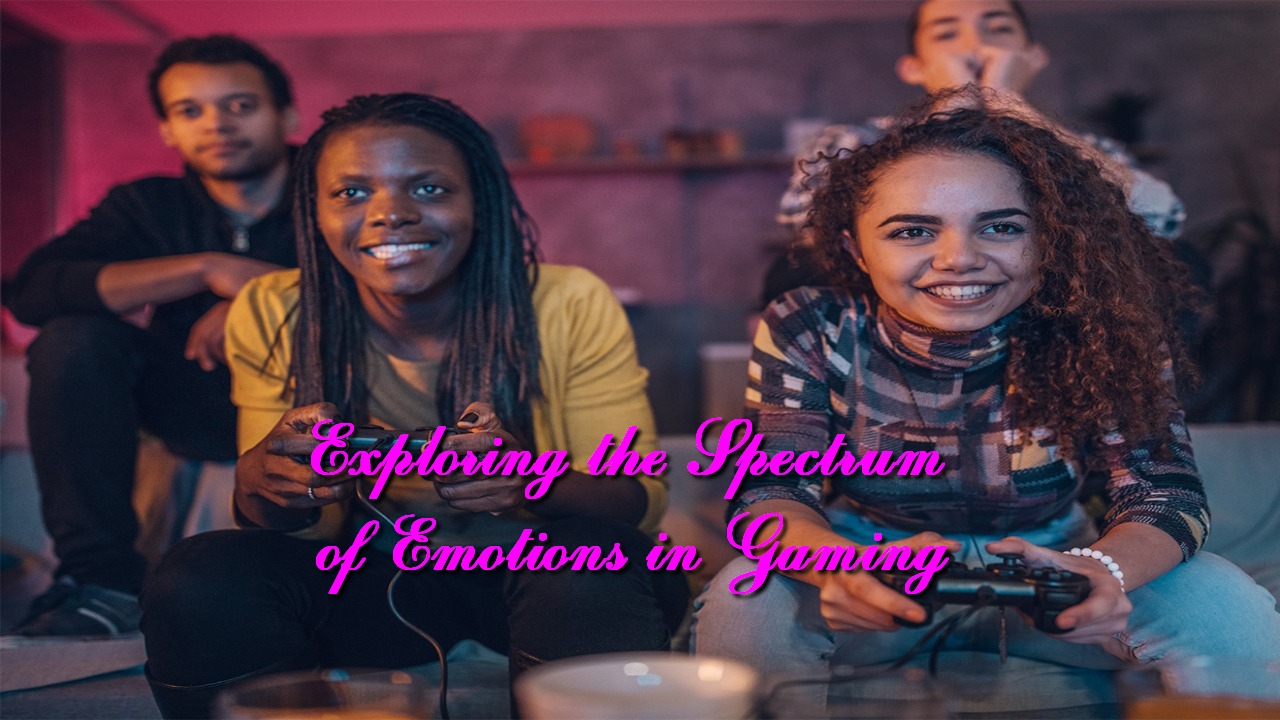In the world of gaming, emotions are a vital component, often shaping the player’s experience and engagement. Gaming has evolved beyond mere entertainment like enjoying DestinyGuns props, delving into complex storytelling and immersive worlds that evoke a wide range of emotions. However, seeking new emotions within gaming is a dynamic process that developers and players constantly explore. Here, we delve into various avenues that offer ways to experience and evoke fresh emotions within the gaming landscape.
Immersive Storytelling and Narrative
One powerful way to evoke new emotions in gaming is through immersive storytelling. Engaging narratives that present morally challenging decisions, unexpected plot twists, and well-developed characters can deeply impact players. Games like “The Last of Us,” “Life is Strange,” and “Red Dead Redemption 2” succeed in evoking emotions by integrating powerful storytelling elements. By providing rich, multifaceted narratives, gamers can experience a broader spectrum of emotions, ranging from empathy and sorrow to joy and triumph.
Interactive and Dynamic Environments

Creating dynamic and interactive environments allows players to experience a wider array of emotions. Games that respond to the player’s actions, such as “Detroit: Become Human” and “The Witcher 3,” offer a sense of agency, influencing the game world and leading to emotional investment. These interactions elicit emotions like excitement, surprise, and a sense of accomplishment, as players witness the consequences of their decisions and actions.
Innovative Gameplay Mechanics
Introducing innovative gameplay mechanics can lead to fresh emotional experiences. Virtual reality (VR) gaming, for instance, offers a heightened sense of immersion, allowing players to feel a stronger connection to the game world and experience emotions like fear, excitement, and wonder more intensely. Games such as “Beat Saber” and “Half-Life: Alyx” showcase the potential of VR in delivering novel emotional experiences.
Music and Sound Design
The emotional impact of gaming can also be significantly influenced by music and sound design. Games like “Journey” and “NieR: Automata” use their musical scores to evoke emotions, contributing to a deeply immersive experience. The right soundtrack can intensify emotions, setting the tone for various feelings, including nostalgia, suspense, and serenity.
Emotional Intelligence in AI

Developing artificial intelligence (AI) with emotional intelligence can offer new dimensions in gaming. AI characters that display complex emotional responses and adapt to the player’s actions can create deeper connections and empathy. Games like “Mass Effect” and “Fable” implement AI systems where characters react emotionally to the player, influencing the narrative and the player’s emotional journey.
Social and Cooperative Experiences
Multiplayer and cooperative gaming experiences introduce a different emotional dynamic. Collaborating with others or competing in a social environment can evoke feelings of camaraderie, competition, teamwork, and even empathy. Games like “Among Us” and “Fortnite” create emotional connections through teamwork and strategy, enhancing the overall gaming experience.
In conclusion, gaming continues to evolve, pushing the boundaries of emotional experiences for players. By integrating immersive storytelling, interactive environments, innovative mechanics, impactful sound design, emotionally intelligent AI, and social experiences, developers can create games that offer a diverse spectrum of emotions. As technology advances and creative boundaries expand, the potential for gaming to evoke new and profound emotions is limitless.
